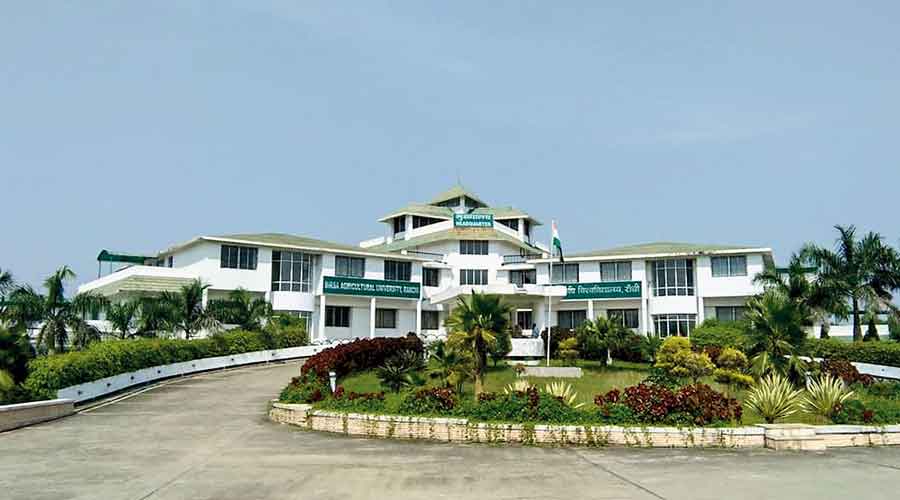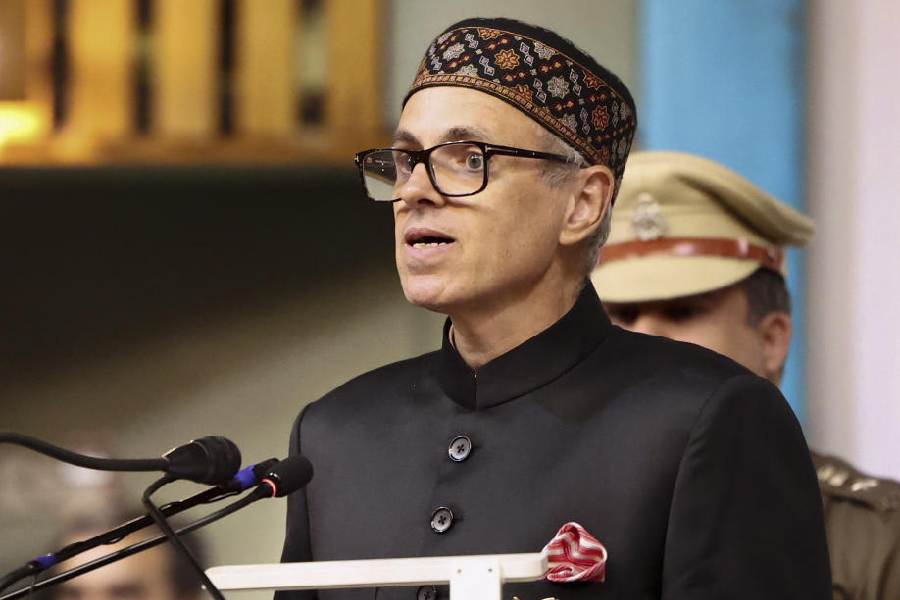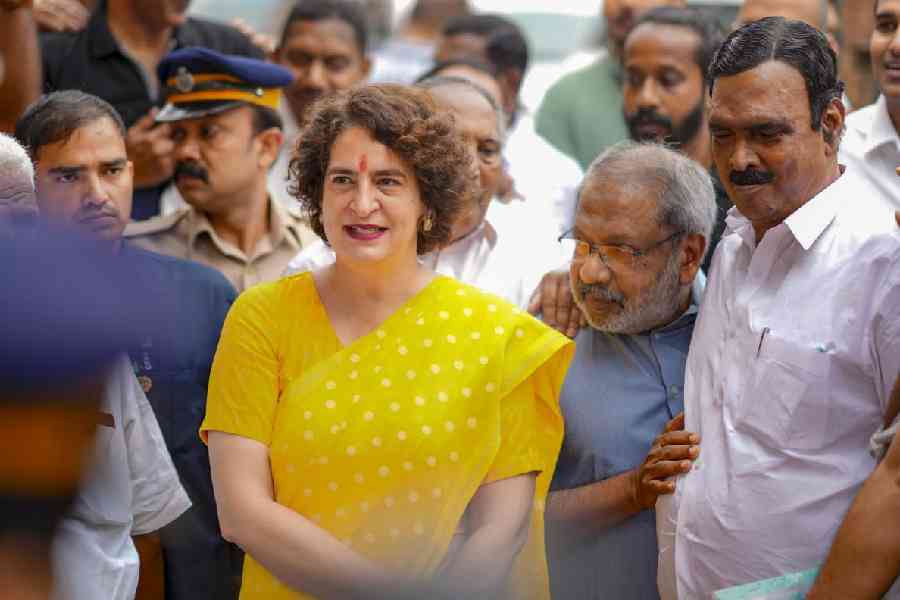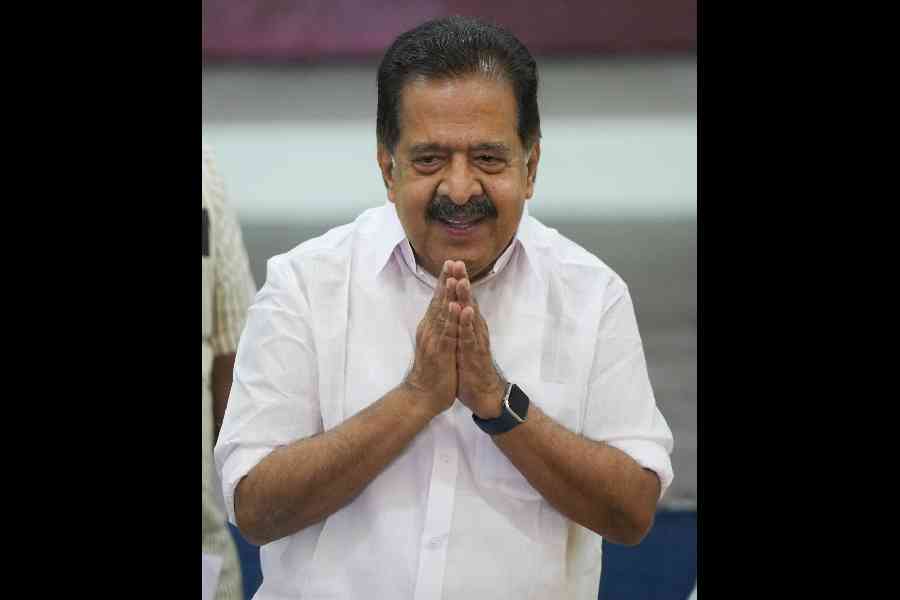The Indian Agricultural Universities Association (IAUA) has recommended enhancement of 10 per cent seats at undergraduate (UG) and postgraduate (PG) levels annually in all farm varsities.
The IAUA, after the end of its two-day annual convention on Tuesday which was attended by 40 vice-chancellors from across the country at Birsa Agricultural University (BAU) campus in Ranchi, passed the recommendation for all farm varsities to increase the gross enrolment ratio (GER) in the higher educational institutions of agriculture and allied disciplines. GER is the ratio of the number of enrolments in higher education to the total population in the age group of 18-23 years.
“At present agricultural universities, totalling about 75, represent nine per cent of the country’s public sector universities but intake capacity is only one per cent which is a matter of concern,” said a vice-chancellor on condition of anonymity.
The GER for India is 26.3, which is lower than the world average and much lower than most of the developed countries. The National Education Policy 2020 has fixed a target of 50 per cent by 2030.
The IAUA also recommended designing market-oriented course curricula by involving industry experts in designing courses. Certificate and diploma courses in skill development and rural entrepreneurship will also be started under self-financing mode for the generation of rural employment.
Optional courses in agricultural journalism and mass communication, corporate communication, religion and culture, foreign languages, environmental conservation, yoga, physical education, dance, music, soft skills development may also be started. PG students and young researchers will be encouraged to visit centres of excellence in India and abroad.
The convention also advocated that organic or natural farming should be conducted in 10 per cent area of the country’s arable land with the prime objective of improving soil’s health and checking environmental degradation. In the initial phase yield will be only optimal and not maximum but disease and pest management issues will have to be well taken care of.
“Establishment and strengthening of incubation centre for encouraging entrepreneurship and startups among farm graduates for increasing innovation, processing and profitability in farm sector was also recommended,” said a spokesperson of BAU.
IAUA secretary general and vice-chancellor of Dr Rajendra Prasad Central Agricultural University, Samastipur, Bihar, Dr R. C. Srivastava, stressed that state governments should provide adequate funds to agricultural universities for the construction of new hostels so that increased number of students as envisaged in the New Education Policy could be accommodated because farm varsities are residential in nature.
BAU VC Dr Onkar Nath Singh said agricultural universities are a mirror of the society in which expectations of the state’s populace is reflected. Agriculture being a state subject, the state government’s consent will also be required while introducing major shift in admission policy or starting new courses.
There were technical sessions on enabling farmers’ access to technology, market, credit and extension service and on creating a favourable ecosystem for entrepreneurship development in the agriculture and allied sector on the last day.










